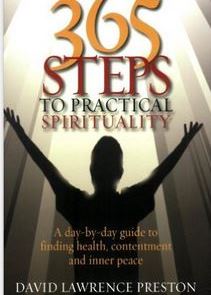Consciousness is awareness; awareness of self, the world and its possibilities, and our extraordinary capacity (possessed, as far as we can tell, by no other species) to examine, evaluate and modify our own thoughts, feelings and behaviour. When we say a person has lost consciousness, we mean he has lost awareness of himself and his surroundings.
Consciousness is also about our ability to experience. The world we live in is a product of our consciousness. If our consciousness is limited, then our experience of the world is too.
As long as we have the ability to think for ourselves, we can lift ourselves up to a higher level of consciousness. As we do so, the world around us changes – and not just in our perceptions. It is scientifically proven that when our thoughts about things change, they change.
Once we grasp the truth that we create our world from the inside-out we are empowered. We know we are no longer controlled by outside circumstances, but by our own inner values and desires.
Paul Twitchell wrote:
‘Until you can understand that nothing can happen to you, nothing can ever come to you or be kept from you except in accord with your state of consciousness, you do not have the key to life.’
©David Lawrence Preston, 26.7.2016
Follow me on Facebook and Twitter @David_L_Preston
Visit blog.davidlawrencepreston.co.uk
How to Books, 2007


